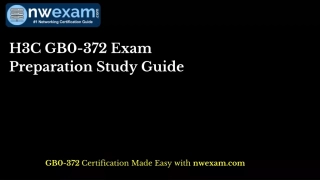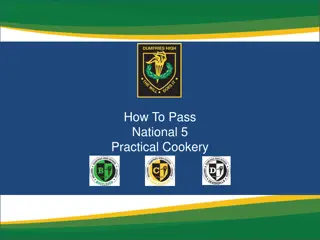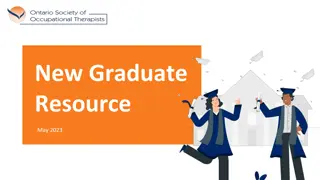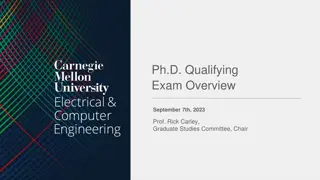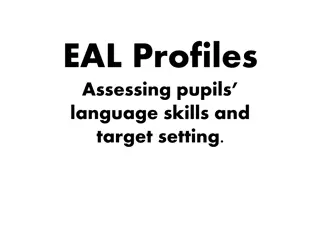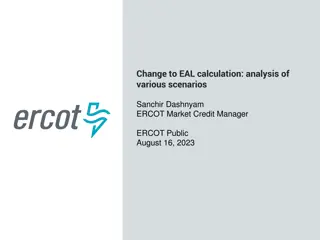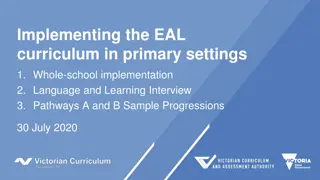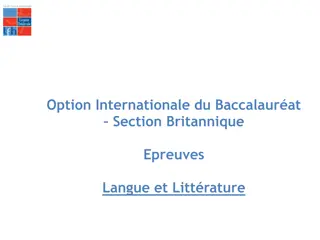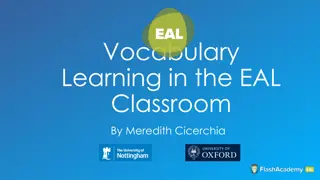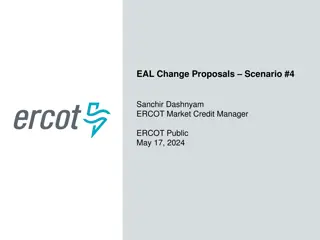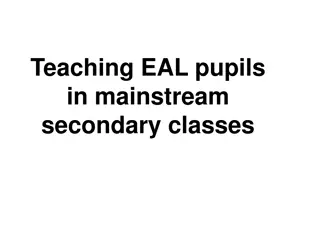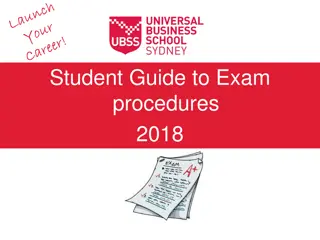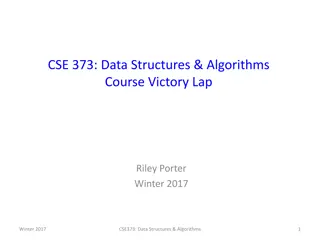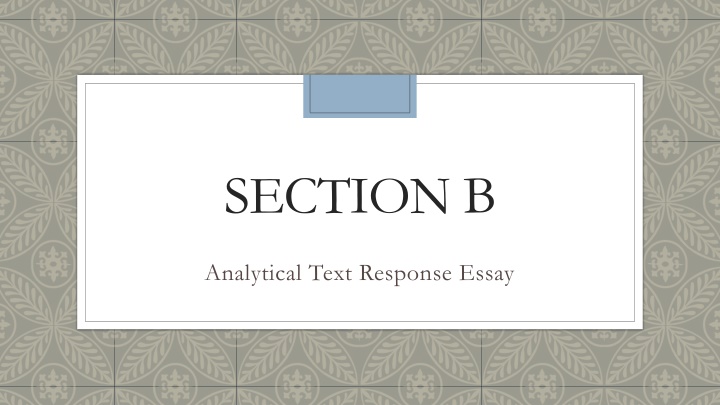
Crafting a Strong Analytical Response: Examination Advice and Checklist
Prepare for analytical writing by understanding the importance of planning, avoiding descriptive retelling, and incorporating key elements in your response. Follow a checklist for structuring your essay effectively and use helpful tips for revision to enhance your content.
Download Presentation

Please find below an Image/Link to download the presentation.
The content on the website is provided AS IS for your information and personal use only. It may not be sold, licensed, or shared on other websites without obtaining consent from the author. If you encounter any issues during the download, it is possible that the publisher has removed the file from their server.
You are allowed to download the files provided on this website for personal or commercial use, subject to the condition that they are used lawfully. All files are the property of their respective owners.
The content on the website is provided AS IS for your information and personal use only. It may not be sold, licensed, or shared on other websites without obtaining consent from the author.
E N D
Presentation Transcript
SECTION B Analytical Text Response Essay
Examination advice - 2019 Low-scoring responses tended to be more descriptive and dominated by a detailed retelling of the text s content rather than selective use of the text. In planning, students need to brainstorm all the key words in the question, paying particular attention to modifying words and comparatives. A well-planned response is less likely to slip into retelling the story or adapting a previously written response to fit the question. As part of their preparation, students need to consider the ways authors and/or directors build the world of the text by examining the choices made in the construction of texts. Students need to explore different interpretations of texts, synthesise ideas and develop an interpretation of their own. A thorough knowledge of the events, themes and characters in the text is required to achieve this. It is also important to be familiar with the language used for analysis. The focus of analytical writing is on the relationships between pieces of information rather than a description of them. Students need to develop writing skills that will enable them to incorporate knowledge of the text into their analysis. Writing that simply describes or tells what a character did rather than exploring why and how, and the effect of the behaviour relevant to the set topic, is a limited response. Students also need to be familiar with the variety of ways in which topics can be worded and understand the requirements of different task words and phrases, such as discuss , do you agree? , to what extent , etc. Thoughtful planning is needed to craft a response that directly addresses the set question. This includes an awareness of modifying words in a question and how they might shape a response, for example, the characters find no resolutions , the most important support for Malala , he can rely only on himself , to what extent and Victor never understands . An introduction that addresses the key terms in the question rather than giving general background material about the setting of the text is a feature of all strong responses.
Checklist - Analytical writing Using TEEL / TEEAL / TEELEEL Writing topic / linking sentences Noting the difference between examples / evidence and explanation / elaboration Embedding quotes (3-4 words) then rephrasing them no swathes of text / use as part of sentences. Using present tense Being specific avoid the words thing / something Using metalanguage if difficult, then isolating words / phrases and mentioning interchangeable terms will suffice Using nominalisation and passive voice Avoiding pronoun use - the reader / viewer / audience replaces I / you / we Modality use can/may in place of more definitive choices such as are/will. Avoiding phrasal verbs / slang / contractions play up/come out , gonna / wanna , isn t / doesn t Being concise / precise with vocabulary Constantly referring to the author / director / writers construction and messages / purpose Mentioning audience reactions / interpretations Western readers, conservative audiences, modern audiences, feminist readers etc.
How to revise content Revision grids Hot seat Lists / Tables or Mind Maps
How to revise writing Vocabulary lists Sentence stems Writing frames for essay components introduction / body paragraph / conclusion Annolighting sample essays
Unpacking prompts Locate key words Distinguish between word types content (what), modifying (limit) and instructional (do) Match synonyms Re-write prompt in own words Ask questions of the prompt 5W & H Categorise ideas Brainstorm ideas / form topic sentences using questions as a springboard Collaborative writing works well, then move to individual attempts
Timed writing Provide dot pointed ideas for each essay part introduction / body paragraphs / conclusion. Students must include every idea mentioned in their responses. Students can move from dot points to independent construction over time. Your ideas? Let s share in break out!
Useful Resources / Thanks Insight EAL Exam Guides Education is a public good. I wish to thank my talented colleagues, past and present, who continue to inspire and share their expertise. Insight EAL Year 12 https://jan.ucc.nau.edu/lsn/educator/edtech/lea rningtheorieswebsite/vygotsky.htm Margaret Dickie Stella Louca https://www.tolerance.org/classroom- resources/teaching-strategies/close-and-critical- reading/annolighting Madeline Oh Maria Papasotiriou Esther Weichert

